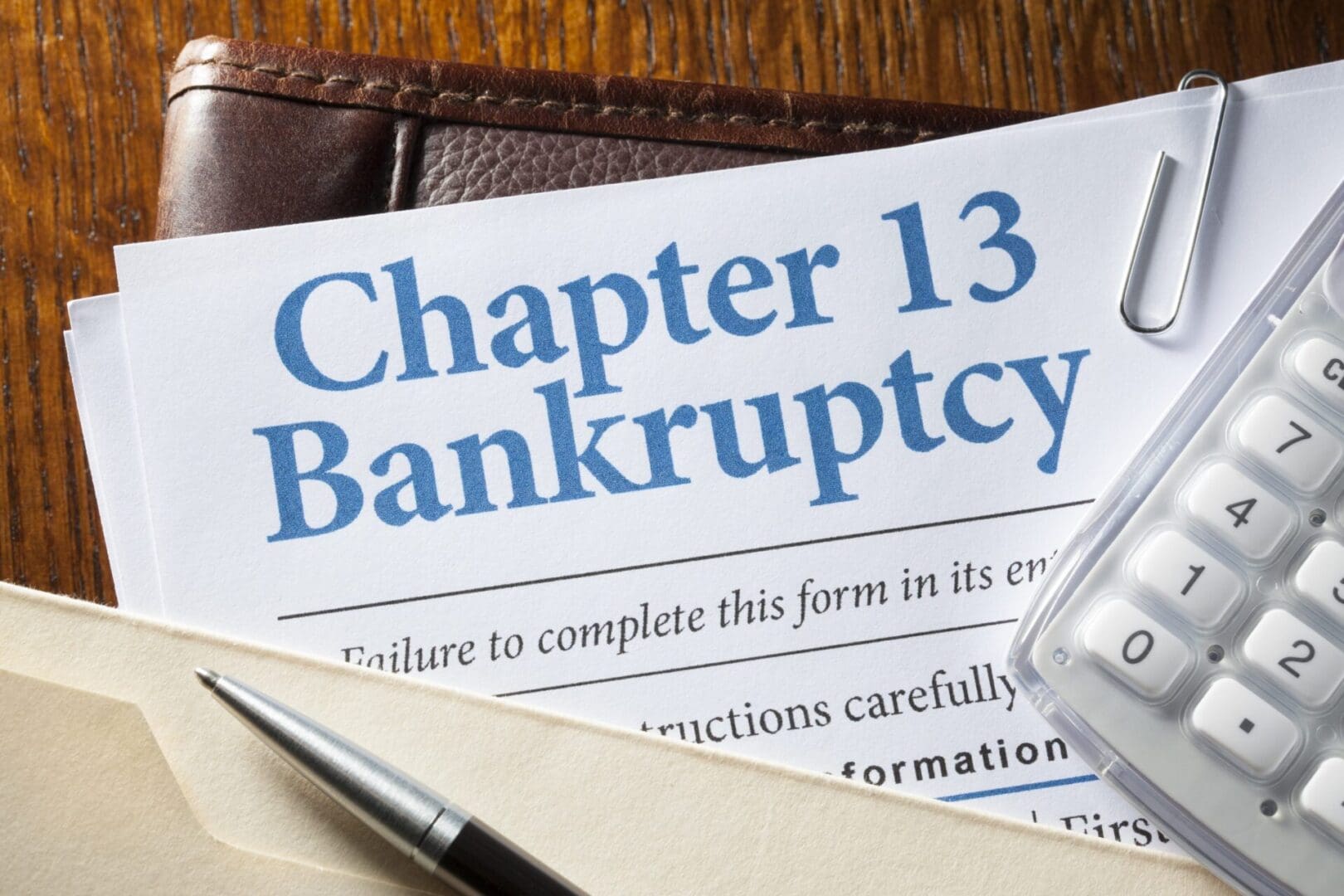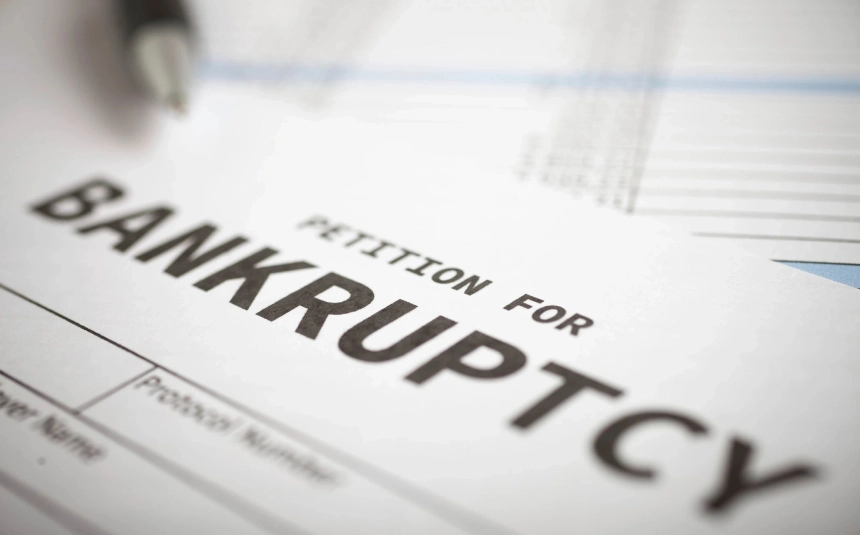
Navigating Legal Financial Reorganization
Chapter 13 Bankruptcy, commonly referred to as a reorganization bankruptcy, enables us to tailor a debt repayment plan that fits your unique circumstances. This option allows you to potentially reduce your high monthly payments—such as those for your vehicle—making them more manageable. The repayment period typically spans 36 to 60 months after you file your case. The attorneys at Ochoa & Rubio, P.A., have extensive experience in Chapter 13 matters and have assisted individuals just like you navigate financial difficulties.
Debt Relief with Chapter 13
In many instances, you may only be required to repay a fraction of your total debts, sometimes as little as "pennies on the dollar." The remaining debts may be eliminated and eventually discharged. However, it's important to note that each case is distinct, and this option may not be suitable for everyone.
Retain Your Property, Restructure Your Finances
Ultimately, Chapter 13 Bankruptcy can help you retain most, if not all, of your property while allowing you to continue your daily life. It provides a path to restructure your monthly cash flow, giving you the fresh start you need. Reach out to the legal team to explore how this effective plan can aid you in starting anew.

Debunking Bankruptcy Myths
Many misconceptions surround bankruptcy, often making it seem like a financial dead end. However, it’s essential to understand that for countless individuals, filing for bankruptcy has been the best decision amid challenging circumstances. You are not alone on this journey. At Ochoa & Rubio, our experienced attorneys are here to assist you through what can be an overwhelming process. Your primary objective is to alleviate the burden of mounting debt, and we offer a FREE Consultation to understand your situation and present options tailored to your specific needs.
This is far from the truth. People from all walks of life find bankruptcy to be a necessary step toward recovery for various reasons, including unexpected medical expenses or a divorce. Life is unpredictable, and it’s fortunate that we have legal avenues to start fresh.
While bankruptcy is a public process, it doesn't mean your personal life will be on display. Unless you disclose your situation, the majority of people—other than your creditors—will remain unaware of your bankruptcy filing.
This common misconception is often misleading. While state laws vary on what exemptions are available, generally, you can protect essential assets such as your home, vehicle (up to a certain value), retirement savings (like 401(k)s and IRAs), and necessary personal belongings.
Filing for bankruptcy is not a permanent mark on your financial record; it’s a temporary setback. While obtaining credit may be more challenging and expensive initially, it does not mean you will never regain good credit.
Believing that your debts will resolve themselves if you ignore them is a dangerous notion. In Florida, certain debts can be pursued in court for four years, and some can be collected for up to 20 years. Bankruptcy offers a proactive solution to deal with your debts.
This is a major no-no! Engaging in such behavior is considered fraud. Bankruptcy trustees will scrutinize your recent purchases, and any signs of fraudulent intent could lead to your case being dismissed, leaving you with additional debt.
Unfortunately, not all debts are eligible for discharge. Your attorney will carefully evaluate your total debts to identify which can be eliminated and which must be addressed. Certain debts—like child support, alimony, student loans, and taxes may only be dischargeable in limited circumstances.
You can file for bankruptcy multiple times, but it depends on your individual circumstances and timing.

Duration of Bankruptcy Cases
The duration of a bankruptcy case can vary significantly based on the type of bankruptcy filed (Chapter 7 or Chapter 13). A Chapter 7 (Liquidation Bankruptcy) typically lasts between three and six months, while a Chapter 13 (Repayment or Reorganization Bankruptcy) generally spans three to five years until you receive a discharge.

Impact of Bankruptcy on Credit Reports
Yes, most forms of bankruptcy will remain on your credit report for approximately seven to ten years.

Stopping Creditor Harassment
If you choose to file for bankruptcy, you can effectively halt creditor calls. A bankruptcy filing triggers a court order that prohibits creditors from continuing collection efforts on your debts.

Filing Together as a Married Couple
It is not mandatory for both spouses to file for bankruptcy. There may be valid reasons for one spouse to file individually. You can work with your attorney to determine the best approach based on the specifics of your situation.

Get in Touch for Experienced and Trusted, Guidance
Are you ready to take the next step toward financial relief? The attorneys of Ochoa & Rubio, P.A. are here to help you navigate the complexities of bankruptcy and find the best solution for your situation.
